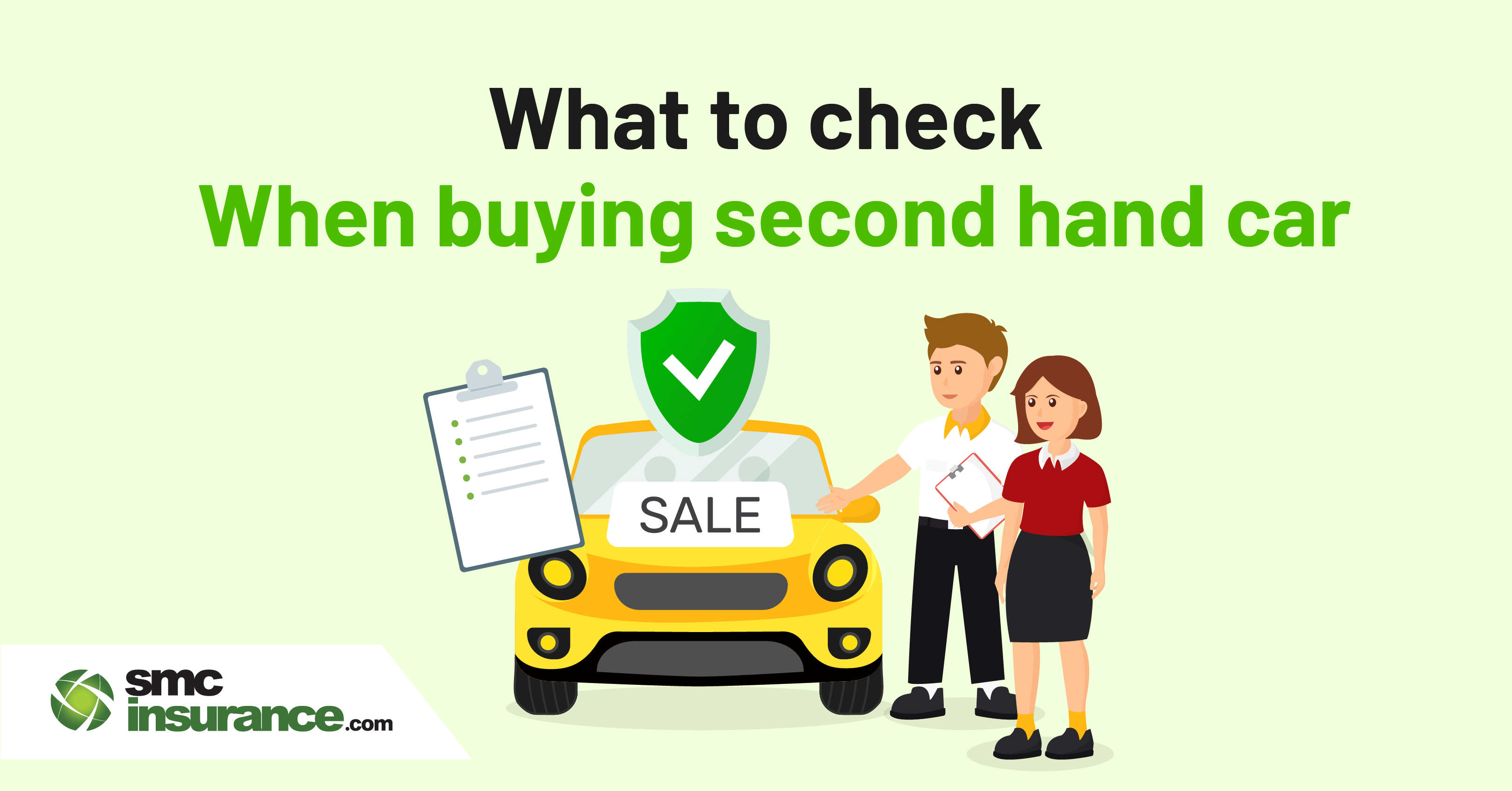Getting lost in a great book is pure joy, especially if it is from your favourite author or in your preferred genre. But let's face it, buying popular best-sellers can sometimes be hard on your pockets. This is where an old bookstore comes to our rescue by offering those coveted reads at pretty affordable prices.
Similarly, when it comes to buying a car, checking out refurbished second-hand vehicles can be a smart move if you are on a budget. These cars, often restored to almost-new condition, provide a cost-effective way to own a dependable vehicle. However, purchasing a used car involves some paperwork, like transferring ownership and registration documents. And one crucial thing you must not overlook is getting insurance for it. Whether your vehicle is brand new or second hand, having insurance is mandatory to safeguard its protection.
If you are curious to know more about buying a second-hand car, this article is just right for you!
What Is A Secondhand Car?
A secondhand car, also called a used car, is one that has been owned by one or more owners before you buy it.
Why Do You Need Insurance For Your Secondhand Car?
Here’s why you will need insurance even if your car is a secondhand purchase –
- Legal Obligation
The Motor Vehicles Act of 1988 states that it is mandatory for all vehicles (including used cars) to have at least third-party liability insurance. This means that driving without this insurance will lead you to pay hefty fines or in worst cases, even get you into legal trouble.
- Financial Security
A comprehensive car insurance plan offers a financial safeguard against damages to your car from accidents, theft, fire, natural disasters, or any unexpected incidents. It also covers liabilities for injury or damage to others or their property.
Factors To Consider While Purchasing A Second-Hand Car in India
Here are a few key points to consider when buying a used car –
- Assess The Car's Age
As vehicles age, they naturally undergo wear and tear. So, before you buy a used car, it is important to know how old it is. This is because older cars tend to have more issues, which could mean spending more on maintenance and repairs. Hence, you should take your time to thoroughly inspect any older car you are considering purchasing.
- Inspect For Existing Damages
When considering a second hand car, examine it closely for any existing damages. Minor dents and scratches might not be a big issue, but be cautious of major damages or rusted parts, as they could lead to costly repairs down the road. Also, check if the car has been repainted, and make sure the colour matches throughout.
- Check The Tires
Say you head on a road trip with your family to celebrate the purchase of your secondhand car. Suddenly, while you cruise down the highway, your car breaks down. After inspection, you discover that the tires are worn out and now you are stuck with the cost of replacing them. This is why it is vital to inspect the tires when purchasing a used car. Check all four tires to ensure they are in good condition and not excessively worn out. It is also important to confirm if all tires are of the same type.
- Examine for Mechanical Issues
Before finalising your purchase, carefully inspect the car for any mechanical problems to ensure it meets your standards. While external damages are easy to identify, you should not overlook potential internal damage. You can assess this by test driving the car or examining its interior components. Additionally, pay close attention to the engine's performance and if you notice any unusual sounds, promptly inform the seller.
- Look At Maintenance Records
Review the car's service history to ensure it has been properly maintained. A full service history means that the car has been well taken care of.
- Learn Ownership Background
Check the car's ownership history to confirm there are no unpaid loans, legal troubles, or disputes associated with the vehicle.
- Note Down Mileage
Ensure to take note of the car's mileage, as lower mileage usually means less wear and tear. However, be cautious of odometer tampering and check for any such possible signs.
- Examine Specifications And Features
Inspect the car's features and specifications to ensure they match what you need. You should consider factors like fuel efficiency, safety features, and comfort options.
- Check Insurance Coverage
Confirm if the car has active insurance and if the policy can be transferred to you.
- Go Through Registration and Paperwork
Verify that the car has valid registration and all essential documents, including the RC book, pollution certificate, and insurance papers.
To Conclude,
When purchasing a secondhand car, it is essential to check a few key things. You should ensure that the car has active insurance that can be transferred to you. Verify that all necessary documents, like the registration, insurance papers, etc. are in order. Additionally, inspect the car's mileage, features, and overall condition to ensure it meets your needs. By crucially considering these key factors, you can make a sound decision and avoid potential problems down the road.




